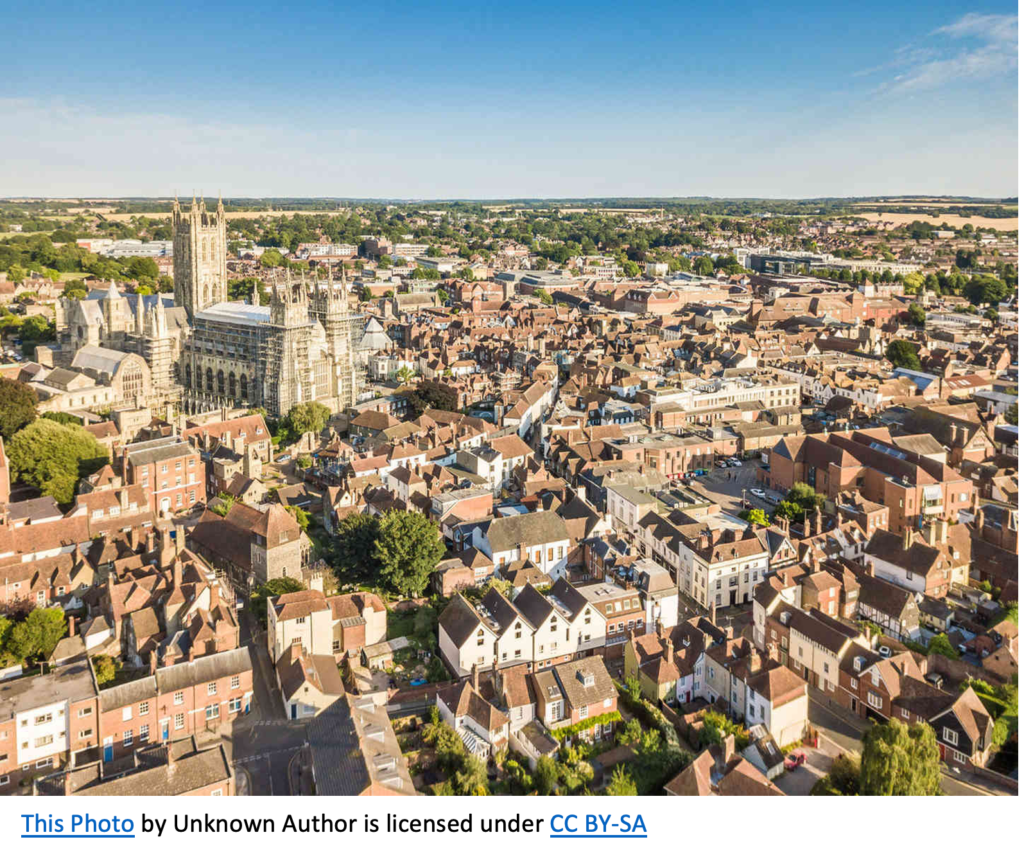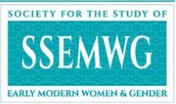New Conference Date: 14-16 July 2022, Loughborough University UK
Like so many events and occasions, the planned end-of-project conference ‘Early Modern Words’ had to be postponed back in April 2020. However, given the national and international developments in the pandemic, the project team now hope the event can go ahead next year with the new dates of 14-16 July 2022.
Our objectives for the conference, taking place at Loughborough University, remain the same: to foster interdisciplinary exchanges between those working on early modern texts, society and culture in literature, linguistics, history and other fields; to provide a potential spark for future collaborations and research projects; and to shamelessly promote Aphra Behn’s life and works alongside recent, innovative and cutting-edge research in early modern studies.
We look forward to welcoming our four plenary speakers who represent the range of disciplinary expertise in early modern studies:
- Professor Terttu Nevalainen, University of Helsinki
- Professor Martin Dzelzainis, University of Leicester
- Professor Ruth Ahnert, QMUL
- Professor Tim Harris, Brown University
We are also pleased that so many of our original speakers have confirmed their intention to participate in the rescheduled event.
Given that more than two years will have passed between the original conference date and the rescheduled event, we are also issuing a further Call for Papers to allow others working on relevant areas to join the conversation and share their research.
Download the Call for Papers here.
~~ Deadline for abstracts: 31st January 2022 ~~
If you have any queries about the conference, please contact: earlymodernwords2022@gmail.com


Recent Comments